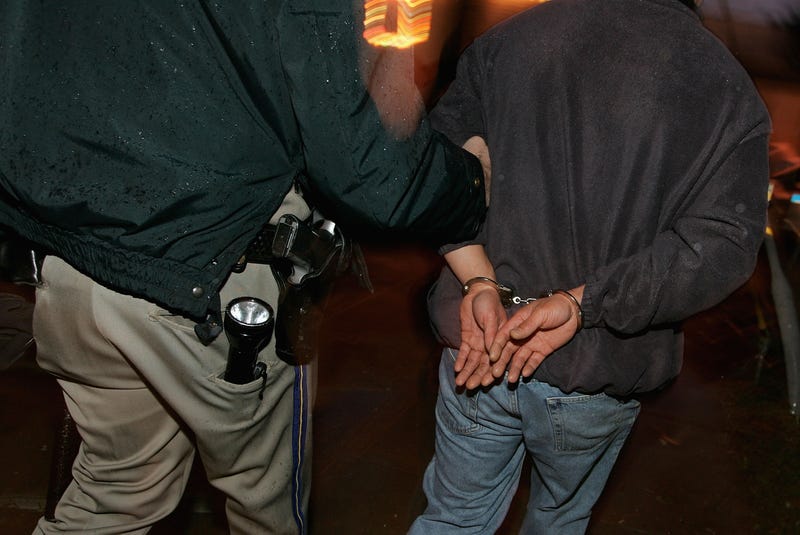
The Berkeley City Council voted unanimously Tuesday night to implement a package of police reforms, including a ban on police officers stopping drivers for low-level offenses.
The reforms are aimed at reducing racial disparities in policing.
They follow earlier efforts by the city to reimagine the role of law enforcement following several high-profile police killings around the country.
Mayor Jesse Arreguin advocated for the changes following a report by the non-profit Center for Policing Equity that found Black people were six-and-a-half times more likely to be stopped while driving than white people.
The report found that Hispanics were twice as likely to be stopped than white people. The reforms include barring police from pulling someone over for low level offenses like having expired license plate tags, a broken taillight or a seat belt violation.
Officers will also not be allowed to ask about a person’s probation or parole status without an underlying reason, and be required to get written - rather than just verbal consent - for warrant-less searches.
The union representing Berkeley officers is opposed to the new reforms.
KCBS Radio has reached out for comment, but has not yet heard back.

